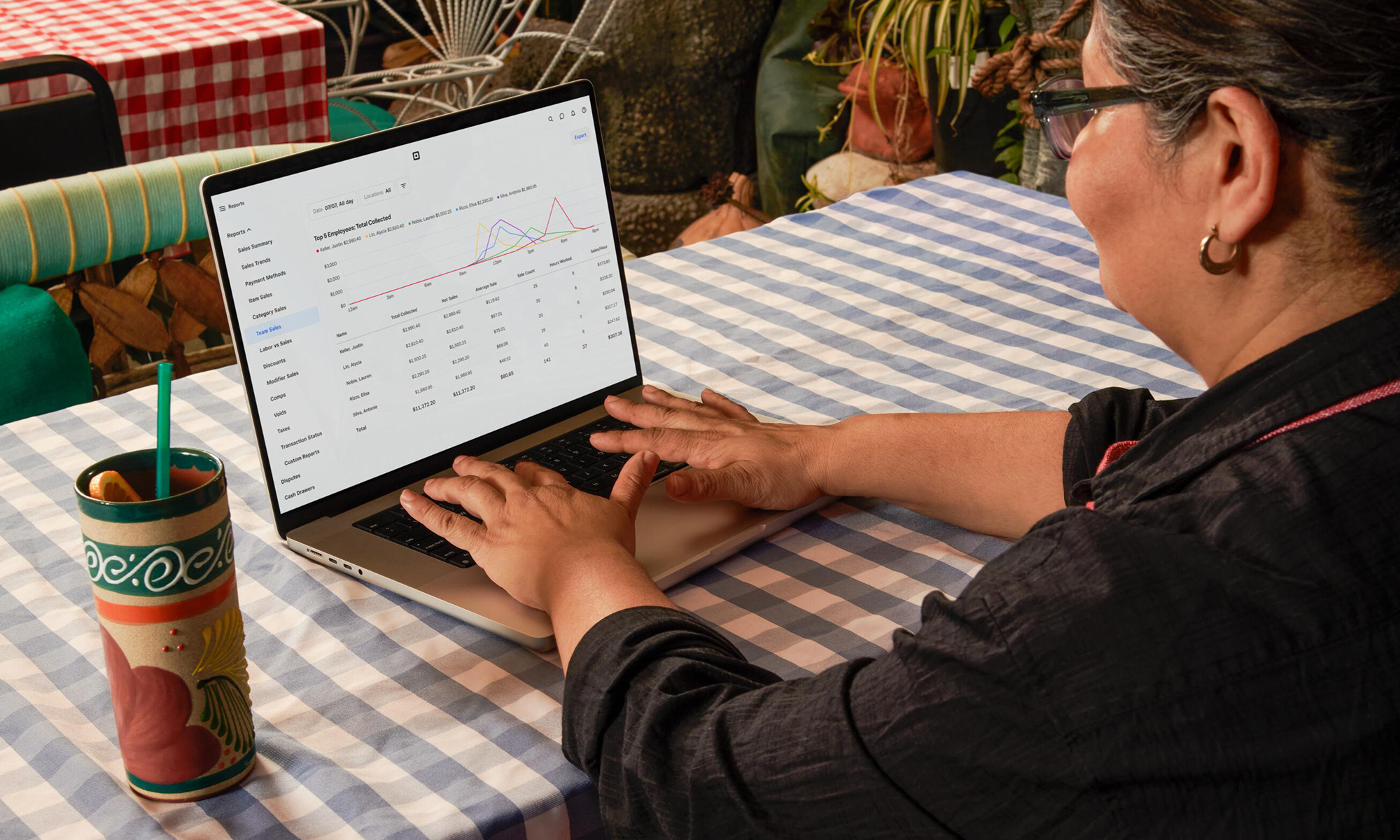The last five years have been quite rewarding for tech sector investors. The tech-heavy Nasdaq Composite (^IXIC 1.36%), for instance, has gained 180% since September 2016. That's head-and-shoulders above the S&P 500 (^GSPC 1.09%), which rose 105% over the same period.
But if you think Nasdaq's gains were impressive, have a look at Square (SQ 0.06%). The fintech stock has rallied an incredible 2,100%, thanks to booming demand for the company's products.
With gains that gigantic in the rearview mirror, is it too late for new investors to add Square stock to their portfolios?

Image source: Getty Images
Square has executed well so far
Square has come a long way from its early days as a maker of portable credit card readers. Today, the company offers an ever-expanding range of financial services, including its wildly popular Cash App for consumers, and Square Online, a digital storefront service.
Between 2016 and 2020, Square's revenue soared by 453%, from $1.7 billion to $9.5 billion. In the process, it transitioned to profitability, swinging from an annual net loss of $172 million to $213 million in net income.
Square kept growing even during the pandemic, even though much of its legacy customer base -- brick-and-mortar stores -- had to shut down for a time as the coronavirus spread. In fact, Square's annual revenue more than doubled in 2020, demonstrating the resilience of its multipronged business model. The pandemic impacted its merchant business, but that headwind was more than offset by the strong performance of the consumer business. As consumers embraced cashless payments, Cash App saw a surge in usage. Its 2020 revenue and gross profit rose 440% and 168%, respectively, to $6.0 billion and $1.2 billion.
With the economy now reopening, things will likely get better for Square's brick-and-mortar clients. This positive market development should translate to improved performance for this business segment. On top of that, Square is pushing into the banking business -- a move that will keep it busy for years to come.
A potentially game-changing acquisition
In August, Square said it was acquiring "buy now, pay later" (BNPL) player Afterpay for $29 billion in an all-stock transaction. This deal will create great synergies and unlock new growth avenues for the company.
For one thing, Afterpay can leverage Square's merchant base to expand its BNPL network. Had it not been acquired, Afterpay would have probably needed to spend massive sums to reach the millions of sellers that Square is already doing business with. But now, Afterpay can reach Square's sellers and Cash App's consumers -- at nearly zero cost. This will accelerate Afterpay's expansion in the U.S., likely at the expense of rivals like Affirm Holdings (AFRM +1.50%).
For Square, the deal boosts its exposure to the e-commerce industry while widening its geographical reach. Afterpay, for instance, operates in France and Spain, which Square only entered in September. Afterpay also operates in New Zealand and Italy, where Square is not yet available.
As it works to grow its international business, Square could leverage Afterpay's operational experience to hasten its expansion. And by integrating Afterpay's offerings, Square will expand its range of products for merchants and sellers. The combined company will be a formidable, global fintech player.
The deal-breaker
It's not hard to see why Square should have a bright future. The company also boasts a solid operational track record -- making it a compelling investment proposition.
Unfortunately, for potential new investors, the stock may be too hot to touch. After gaining 63% over the past year, Square is trading at 206 times trailing earnings. That may be a deal-breaker, considering that rival PayPal (PYPL +2.15%) trades at a third of that multiple.
Many investors are clearly optimistic about Square, which explains the steep premium. But more prudent investors will find it best to wait for a lower entry point before buying into this company.





